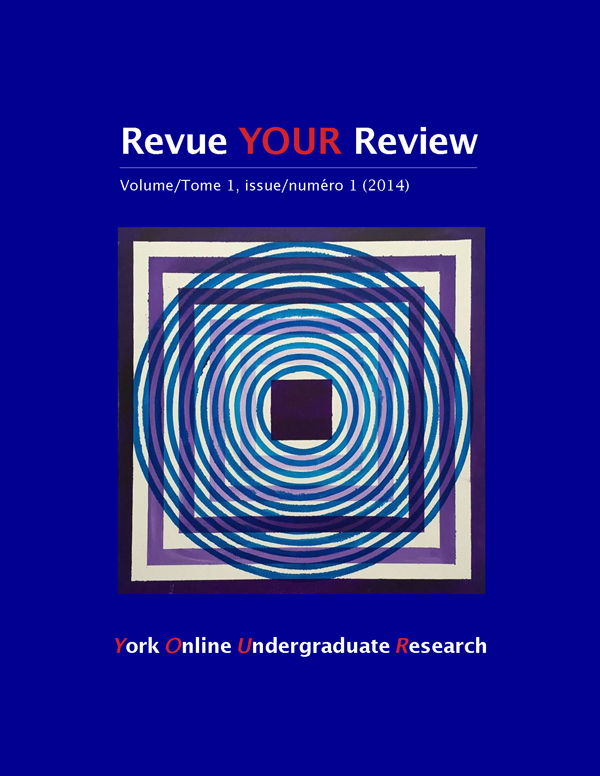Indigenous Rights: A Mapuche’s Right to Land (abstract)
Abstract
The Mapuche are South American indigenous people in what is now part of Argentina and Chile. Since colonial independence, the Mapuche have struggled for the right to land. This essay chronicles the rise and evolution of a particular organization within the Mapuche social movement. In the Chilean context, years of frustration from dealing with the Chilean government has led to the creation of more radical Mapuche indigenous social movements such as the Coordinadora de Comunidades Mapuche en Conflicto Arauco (CAM), which adopts a more aggressive approach than previous indigenous movements. The CAM provides a new perspective on the authorized Indian versus insurrectionary Indian dynamic and challenges the concept of neoliberal multiculturalism. It views the Chilean government as trespassers on Mapuche territory. Yet the rise of the CAM has also resulted in the re-introduction of the infamous (Pinochet style) Terrorist Law and the militarization of the southern region by the Chilean government. To research this paper, I gathered extensive data on Mapuche organizations in Argentina and Chile and on Chile’s CAM organization from books on indigenous movements, journal and newspaper articles in English and in Spanish, the CAM organization’s various websites, and news sources pertaining to the CAM and recent events in Chile.Downloads
How to Cite
Issue
Section
License
Authors contributing to Revue YOUR Review agree to release their articles under one of three Creative Commons licenses: Creative Commons Attribution 4.0 International; Creative Commons Attribution-NonCommercial 4.0 International; or Creative Commons Attribution-NoDerivatives 4.0 International. All editorial content, posters, and abstracts on this site are licensed under Creative Commons Attribution-NoDerivatives 4.0 International. For further information about each license, see:
https://creativecommons.org/licenses/
In all cases, authors retain copyright of their work and grant the e-journal right of first publication. Authors are able to enter into other contractual arrangements for the non-exclusive distribution of the e-journal's published version of the article (e.g., post it to an institutional repository or publish it in a book or in another journal), with an acknowledgement of its initial publication in this e-journal.


